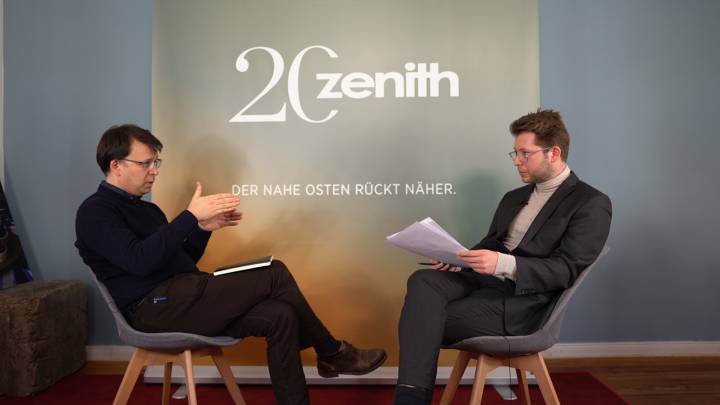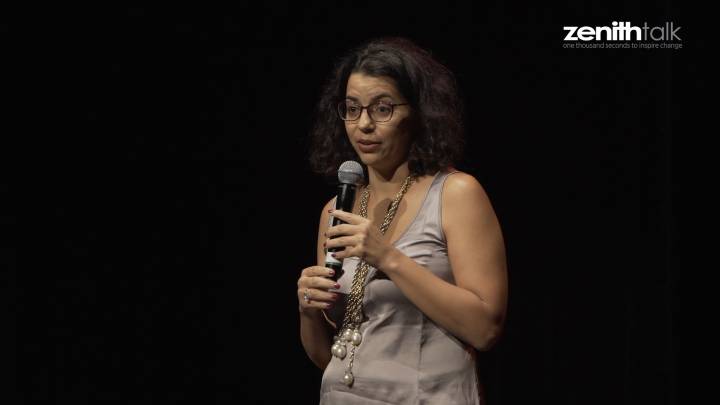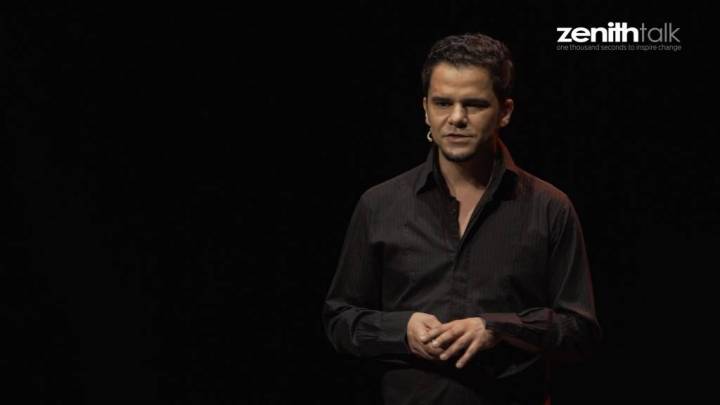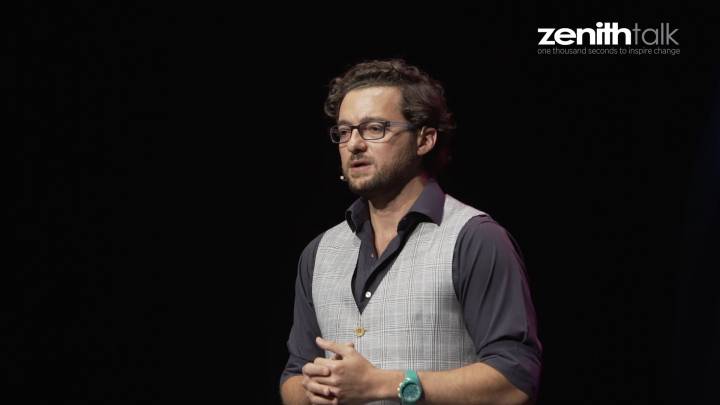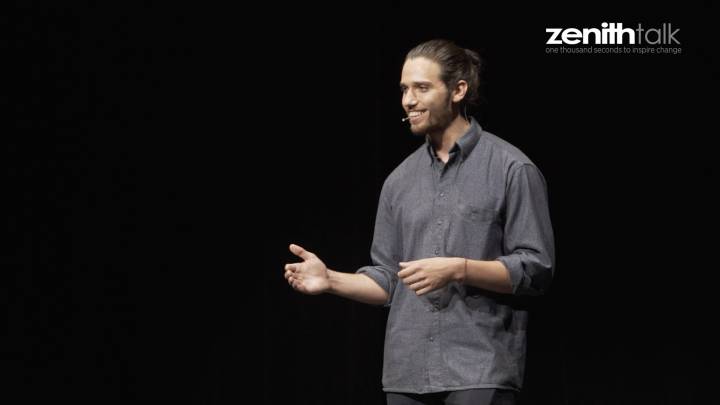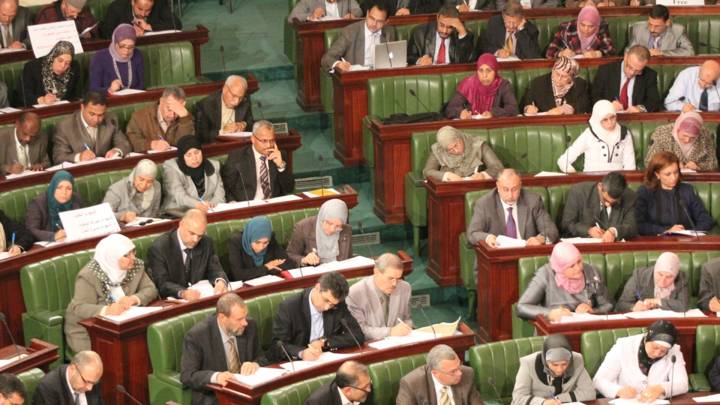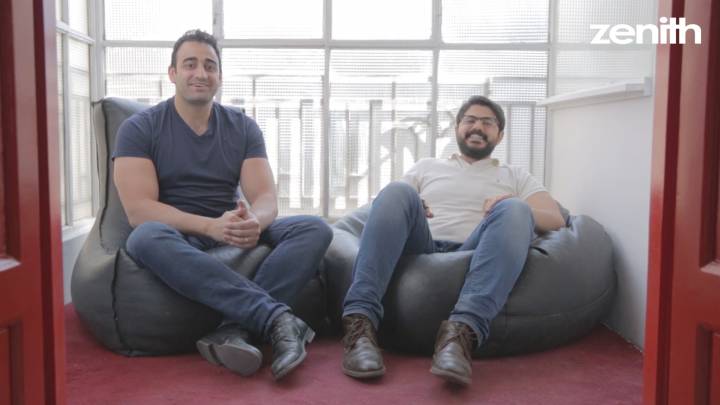31-year-old Waleed Abd El Rahman is not a man of politics. The business graduate from the American University of Cairo was among the founders of the Strong Egypt Party in the aftermath of the 2011 revolution, wanting to be part of change in his country, but he soon realised that diplomatic conduct all too often forced him to keep working with people who were not doing their jobs properly and thus preventing actual social change.
This was not the purposeful professional future he aspired to, so Waleed went a different way, moving to Beirut, where he was responsible for the establishment of the MIT Technology Review Arab Edition, a new branch of the internationally renowned MIT Technology Review. Little did he know that this decision would in the long run have a greater impact on the lives of his fellow countrymen than many Egyptian politicians will ever have.
Starting up the magazine in Beirut consumed so much time that Waleed ended up ordering food to his office every single day. “There I was, living in a posh studio in Beirut, spending more money on food delivery than on my rent,” he remembers, “so I started to look out for alternatives.” While searching the Internet for affordable but time-saving food options, he came across a guy who announced daily what meal his mother was preparing. Curious at the possibility of ordering a home-made nutritious meal, Waleed dug deeper and found several Lebanese women offering home-cooked lunches via Facebook. But over time, their business did not seem to grow; it became obvious that these women had no background in business, were not knowledgeable about pricing, packaging or planning, and did not even have reliable drivers to deliver the meals.
At this point, the idea for Mumm (www.getMumm.com) was born. The name comes from the ancient Egyptian word for food and is the first word every Egyptian child learns to say, the legend goes. “My family has been in the food and beverage industry for more than ninety years,” says Waleed. “On top of my experience in my father’s business, I had extensive experience in marketing from my employment as MENA customer business development manager for several multinationals. Plus, the job at the magazine had provided me with highly valuable technology skills.”
This, he thinks, was the perfect mix to start a new era of food delivery back in Egypt. Mumm started business in January 2016 and currently caters to Greater Cairo, with around 70 women cooking in 30 kitchens all over the city. Mumm’s selling point is healthy, homemade dishes at prices that can compete with McDonald's.
“The customer basically wants three things: convenience, taste and value for money. Before Mumm, your choice was either inexpensive but unhealthy, or good food but hardly affordable for the majority of Egyptians,” says Waleed. His app now functions as a marketplace for the women cooking from home (now known as food partners), freeing them from all logistical responsibilities. With the price setting Waleed developed, they get a 25 per cent return on every meal they sell through the app.
Waleed sees his startup as a tool to empower women and enable them to join the workforce from home. Over the year he teamed up with three different NGOs, who funded the construction of common kitchens that meet hygiene requirements for Mumm's food partners. “We curate all our cooks. Some women are amazing cooks but live in such destitute circumstances that hygiene rules did not allow the sale of food prepared in these places. Hence the idea to build modern, clean kitchens that function like a co-working space for these women.” Already, those community kitchens serve as workplaces for dozens of Syrian refugee women who can now support themselves and their families with a sustainable income.
“Fighting malnutrition in Egypt has always been an issue close to my heart,” says the entrepreneur, “but I never knew what an impact it has on a woman’s life when she earns her own money and thus the right to independent decisions in our male-focused society.” On top of integrating 70 women into the active labour force after nine months in business, Waleed employs ten drivers for delivery and ten customer service agents. It is probably safe to say that by creating jobs and empowering women, the young entrepreneur has already had a bigger impact on society than most of the political colleagues he left behind ever will.

